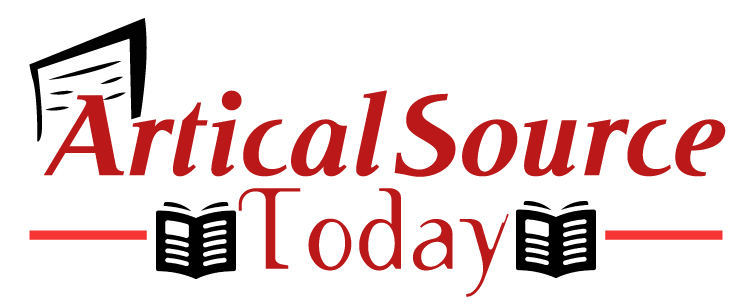How to Publicize the Ethics of Your Brand

Today’s consumers care more about company ethics than consumers of past generations. There are several competing hypotheses explaining this cultural shift; for example, this could be a byproduct of the information available via the internet. Customers can learn more about brands ever before, and can choose from brands all over the world, so ethics get a bigger spotlight, and become a bigger factor in purchasing decisions
Whatever the case, customers want to see that your company is ethical. So what steps can you take to publicize your operational ethics?
Key Ethical Areas to Consider
“Ethics” is a broad term, covering a number of different areas, but these are some of the most important categories to be aware of in your marketing:
- Employee health and safety. How are you treating your employees? Are you complying with all safety laws, rules, and regulations? Are you paying them a fair wage, and giving them some degree of autonomy? Are you following a written process safety management plan, and are you regularly reviewing and incorporating employee feedback?
- Diversity and inclusion. Which demographics comprise your workforce? Are you making a concentrated effort for more diversity and inclusion in your organization? Are you making an effort for equitable employment opportunities?
- Environmental sustainability. What steps are you taking to comply with new environmental sustainability standards? Which ingredients and raw materials are you using in your production? How much energy are you using? Are you contributing to any greenhouse gas reduction programs? What other efforts are you taking to remain carbon neutral?
- Community support. Many customers want to know what steps you’re taking to support your own community. Are you trying to solve a major problem that your city faces, like homelessness or high crime rates? If a natural disaster strikes, are you willing and able to provide resources? Are you and your employees spending some of your free time volunteering?
- Responsible sourcing. Customers will also be interested in how and where you’re sourcing your materials and distribution. For example, are you exploiting cheap labor in developing countries?
Starting With the Basics
You probably have firm ethical standards already in place. The question is, how can you promote those standards?
Let’s start with the basics.
- Mission and vision. First, you’ll need to dedicate some onsite space and ongoing resources to promoting your organization’s mission and vision. These statements used to be primarily about generating a profit and pleasing shareholders, but today, the mission and vision statements of businesses tend to be more socially conscious and focused on ethics. You can promote these high-level philosophies on a dedicated page of your website, and make sure their message comes through in your other materials.
- Annual report. It’s also a good idea to publish an annual report, or several smaller reports, about your ethical performance. For example, 86 percent of S&P 500 Index companies now publish sustainability reports at least annually, explaining to consumers how much energy and natural resources they’re consuming. Creating and publishing reports are a demonstration of transparency, and are useful for building consumer awareness and trust in your processes.
- Press releases. It’s also a good idea to put together press releases whenever your company takes an especially noteworthy positive action. For example, let’s say your company donates $50,000 to a local charity, or provides shelter and resources to the local population following a natural disaster; this is a perfect opportunity to promote your business’s involvement. Just be careful; if you word it too strongly or make too much of an effort to make your efforts visible, it could be interpreted as self-aggrandizing or insincere.
- Advertising. You can also improve perceptions of your brand’s ethics by creating more meaningful advertisements. Depending on your key areas of ethical development, you could report on key statistics within your organization, or highlight success stories of your involvement in the community. There are several possible directions you could take here, so make sure you experiment and AB test different kinds of advertisements to see which ones your demographics prefer.
Getting Ahead of Bad News
It’s also worth noting that even the best, most ethical companies will occasionally experience bad news that paints them in a questionable light. When this happens, the best thing you can do is get ahead of that bad news; announce it proactively, explain things as clearly as possible, and admit fault where appropriate. Your transparency and proactiveness will make the public trust you more.
Brand ethics are a complicated consideration in your overall company strategy, but as today’s consumers become more educated, more outspoken, and more socially and environmentally conscious, it’s an increasingly necessary one. Make sure your ethics are embedded into your PR campaign, and take efforts to increase the visibility of your work.


